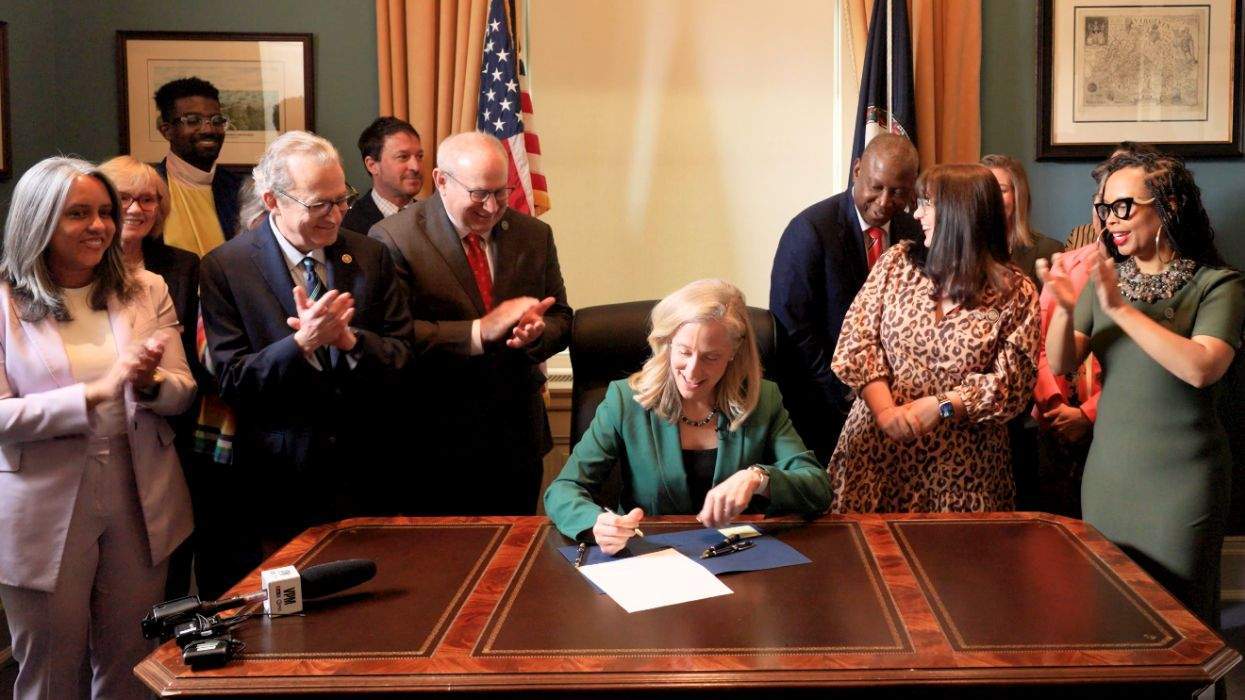A Republican representative in Ohio could be disqualified under an obscure name change law used earlier this year to target three transgender candidates.
Republican State Rep. Tex Fischer legally changed his name from Austin James Fischer to Austin James Texford Fischer in 2020, according to documents obtained by Cleveland.com. The 28-year-old, who is running in the state's 58th District after being appointed to the vacant seat in June, did not disclose the change on his petition for candidacy.
The 1995 Ohio law mandates that candidates disclose any name changes within the five years in their petition for candidacy, only including an exception that allows women to omit their maiden names if changed after marriage. The law has bee used to challenge three transgender candidates so far this year.
Arienne Childrey and Bobbie Brooke Arnold were allowed to remain on the ballot by their local election boards, but could still be forced to vacate their seats even after winning their elections for being in violation of state election statutes. The third candidate, Vanessa Joy, was disqualified.
Mahoning County Democratic Party chairman Chris Anderson has since filed a complaint with the Mahoning County Board of Elections, seeking to hold Fischer to the same standards. The Republican, now under investigation, could face disqualification and even removal from his seat, though officials have been uncertain of how to proceed.
The Mahoning County Board of Elections is expected to meet in the coming weeks after a hearing on August 15 ended in a deadlock, with chairman Dave Betras noting the vagueness of the law.
“I hate being placed in this position, but the legislature and courts have placed us in this very position,” he said, according to local station WKBN.
There is currently a bill in the Ohio legislature that would address the issue: HB 467, introduced by Democratic Reps. Beryl Piccolantonio and Michele Grim, would create an exemption to candidates' disclosure of name changes. Until the law is clarified, Anderson argued that candidates should face the same consequences regardless of gender.
“At the end of the day, I don’t care what he calls himself," Anderson said, "My question is, does the law apply? Because if the law applies, then it needs to be applied equally."
















Charlie Kirk DID say stoning gay people was the 'perfect law' — and these other heinous quotes
These are some of his worst comments about LGBTQ+ people made by Charlie Kirk.